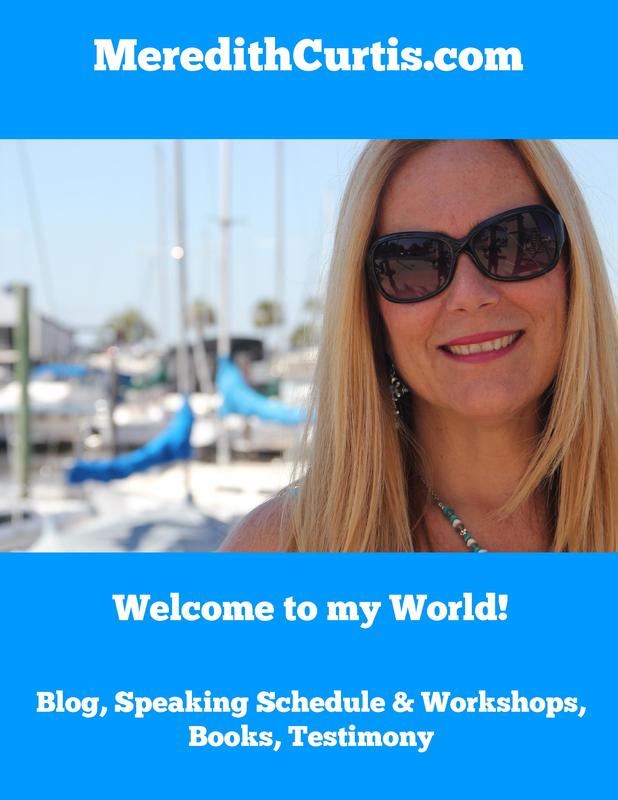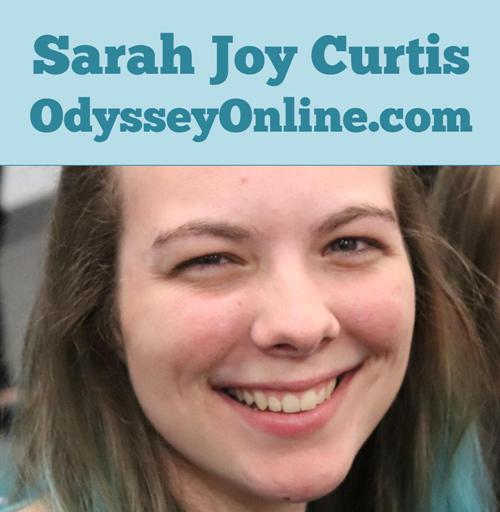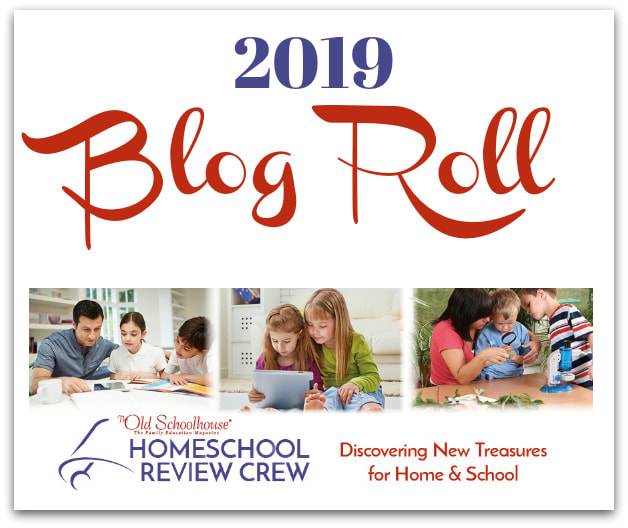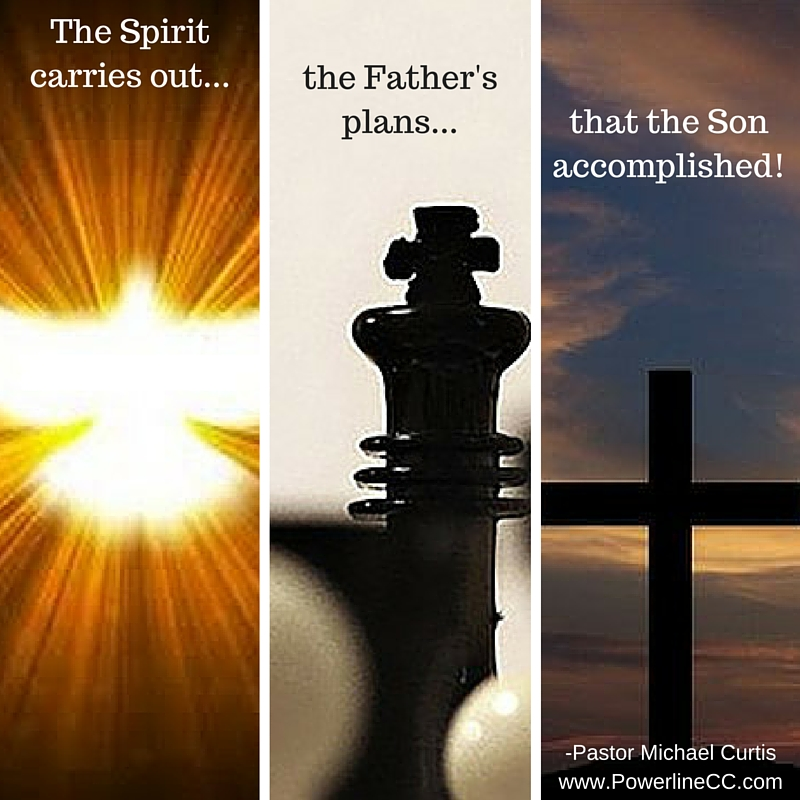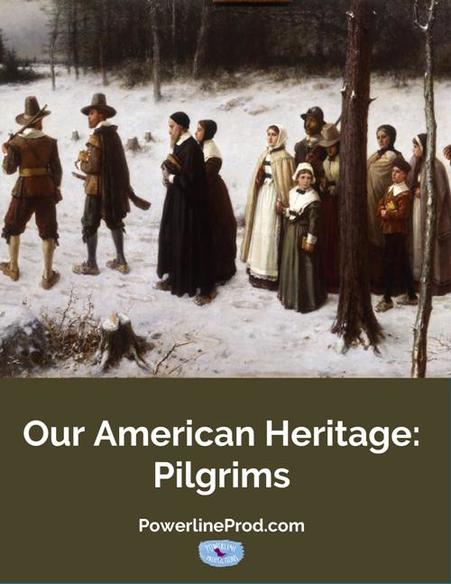 The pilgrims gave us Thanksgiving and the Mayflower Compact. That in itself is enough, but they also modeled for us courage to stand on our convictions, no matter the price. Risking life and limb, they traveled to the New World and, as they say, the rest is history. Did you know that the pilgrims on the Mayflower were actually a local church from Scrooby, England? I am writing this in November with Thanksgiving right around the corner. Planning Thanksgiving menus, trying out some new recipes, and pulling out the special Thanksgiving tablecloth are all things that will happen this week. It's the time of year where everyone talks about pilgrims. Most people don't even know who the pilgrims are and some people think that know who they are, but have their facts confused. I thought it would be fun to talk about the pilgrims today. Maybe you have never heard their whole story. I hope I will whet your appetite today to learn more about the pilgrims. In 1517, when Martin Luther posted his 95 Thesis on the Whittenburg Door, the truth of salvation by grace through faith, not works, was rediscovered. The Reformation had begun! These old truths spread like wildfire through northern Europe and made their way to England. As some people studied the Word of God now available to read in English, they felt conviction to worship God in a more simple way, to elect their church leaders, and to live a simple, pure life. This group of people were know as Separatists because they felt they could not worship in the Church of England because of the pomp, ceremony, and fallen lifestyle of some of the church leaders and members so they separated. They formed their own congregation, meeting in Scrooby Manor, the home of William Brewster. Hiding Out in Sherwood Forest Like Robin Hood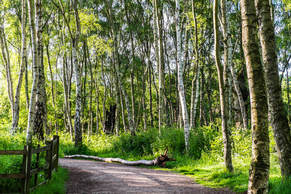 Sherwood Forest today Sherwood Forest today Back in the late 1500s/early 1600s everyone in England was expected to attend the Church of England. However, the little group of Separatists continued to worship according to their conscience in the Scrooby Manor Home of William Brewster. Soon officials of King James found out and started to look for the men in the congregation. The men hid out in Sherwood Forest just like Robin Hood from the time of King Richard the Lionheart and King John. Some of the men were caught and jailed, so the local congregation met together to figure out what to do. Someone suggested Holland where they were enjoying religious freedom. So, after careful planning and much prayer, they set off for Holland. To Amsterdam, Leiden, and On to the New World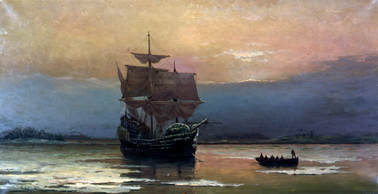 They started out in Amsterdam, a bustling city, but found it difficult to settle down, find work, and keep their children from picking up bad habits, so they moved to the quieter city of Leiden where Pastor John Robinson got a job teaching at Leiden University. Pastor Robinson, Edward Winslow, William Brewster, and some other men started a publishing company to spread the Gospel. They also wrote about their beliefs on church government, Christian living, and the role of the king in religion. Unfortunately, some of the books they published got back to King James and he sent some of his men to find them. The pilgrims realized they weren't even safe in Holland. About that time, the pilgrims read a book Description of Virginia by Captain John Smith. They began to think about the New World. Could they cross the ocean and be free to worship as God was leading to them to do? After much prayer, it was decided that some of them would go to the New World. John Carver was sent to England to arrange for a ship. Many complications ensued, but soon they were on the way to New World on the Mayflower. Before landing, the men got together and signed a document called the Mayflower Compact. In a nutshell, the Mayflower Compact was an agreement that the people who lived in Plymouth would elect leaders who would make decisions for the colony. This was an agreement to representative government, though still pledging loyalty to the British king. For the first time, an agreement that gave every man a vote was signed in the New World. Life in Plimoth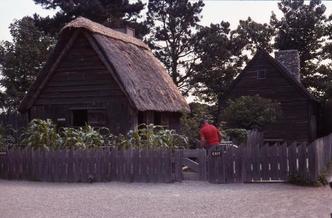 To say life was hard in the New World would be an understatement. The bitter cold, the rough wilderness, and disease that spread through the settlement almost wiped them out. Of the 102 passengers, only 51 survived. Worse, only 4 of the married women survived. This meant that children were missing their mommies. Everyone was grieving for someone. Because they had lived on a diet of hard tack and dried, salted meat, many of the Pilgrims and Strangers suffered from scurvy when they arrived at their new home. In their weakened state from scurvy and malnutrition, many of the new settlers caught pneumonia. After the hard winter, spring arrived in all its beauty and promise. In the spring, God brought the Pilgrims two Native American friends: Samoset and Squanto. Samoset walked into Plymouth one day and introduced himself. The colonists were shocked that he spoke English. He had learned English from the English fisherman who fished off the coast. They quickly gave him a coat to wear because he was stark naked. He spent the night and the next morning the Pilgrims gave him gifts. A few days later, he brought his friends back to meet the Pilgrims too. Squanto had actually been to England! He taught the Pilgrims to plant corn, using fish as fertilizer. He also introduced them to the Native American Big Three: corn, beans, and squash. He showed them how to plant these crops together so the beans could use the corn stalk as a trellis and the squash could grow in the shade. Squanto taught the colonists to catch herring and cod using Indian traps. He also showed them how to tap maple trees for maple syrup. Soon, the colonists had adopted many of the Indian crops and foods as their own. Often they would change recipes from the Old World, using corn instead of flour. Squanto helped the Pilgrims by negotiating with the Native American chief, Massasoit. Squanto was their interpreter in those early years. Eventually, a peace treaty was signed between the Native Americans and the Colonists which was kept for fifty years. After losing half of their number to disease and starvation, the Pilgrims rallied with the help of their Native American friends, Squanto and Samoset. With their advice and encouragement, the pilgrims were able to plant crops. When the harvest was gathered in, they were truly grateful to the Lord. What do people do when they are really happy and thankful to God? Well, at our house, we throw a party and that’s just what the Plymouth colonists did! The first Thanksgiving was several days long. We don’t know exactly what they ate, but we do know there was a lot of food, fun, games, contests, and conversation. They may have enjoyed a feast of deer, turkey, shellfish, corn, beans, squash, pumpkin, onions, cabbage, carrots, and berries. They played games, held races, sang, and danced. Famous PilgrimsResourcesHeritage from the Pilgrims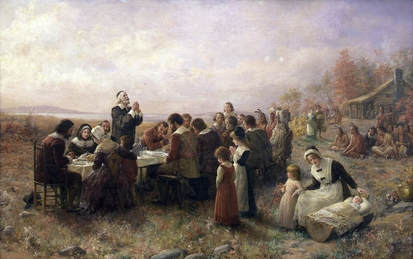 Painting of the The First Thanksgiving at Plymouth by Jennie A. Brownscombe 1914 (public domain). Painting of the The First Thanksgiving at Plymouth by Jennie A. Brownscombe 1914 (public domain). As i mentioned earlier, the Mayflower Document and the outline of freedom it gave us is the most important thing we received from the pilgrims. Later documents like the Constitution of Connecticut, the Declaration of Independence, the Articles of Confederation, and the Constitution would be written with the same confidence and love of freedom that this precious document was written with. The pilgrims were concerned about honoring Jesus and obeying His Word. They did not want freedom to follow their heart or do what they wanted to do, they wanted to do what God wanted them to do. This is a lovely example in a day of selfies, doing your own thing, and rebellion. Not only were the pilgrims wanting to obey Christ fully, but they were willing to risk their lives to do so. They made tremendous sacrifice of property, finances, and personal safety to be able to worship freely. It is truly admirable! Finally, the set a model for us of a Thanksgiving Feast that included lots of good food, a big get together, prayers to God, and active games like races. Next time you take a bite of delicious pumpkin pie or settle in to watch a football game when you are stuffed, remember the pilgrims and thank the Lord for the godly heritage they have passed on to you and all Americans. Happy Thanksgiving! Meredith Curtis
0 Comments
Leave a Reply. |
AuthorsMeredith Curtis Archives
February 2020
Categories
All
|
Powerline Productions
- Home
-
Books
-
Curriculum
- HIS Story of the 20th Century >
-
High School Courses
>
- Economics, Finances, & Business >
- American Literature & Research
- British Literature
- Who-Dun-It Murder Mystery
- Foundations of Western Literature
- Communication 101: Essays & Speeches
- Old Testament Survey
- Worldview: Understand the Times Workbook
- Drama
- Career Choices & the College Decision
- Real Men 101
- Real Men 102
- Real Men 103: Leadership
- God's Girls 101
- God's Girls 103
- God's Girls 104: Motherhood
- God's Girls 105: Homemaking
- Travel God's World Geography >
- Government
- Unit Studies >
- Teach History the Fun Way >
- Families Learn Together American History >
- STEM Notebooking Pages
- Middle School Courses >
-
Bible
- Cozy Mysteries
- Blog
Photos from cloudzilla, Fil.Al, vaniljapulla, m01229, Ian D. Keating, (Imagine) 2.0, Theo Crazzolara, RomitaGirl67, RomitaGirl67, Gonmi, moonlightbulb, RomitaGirl67, Amydeanne, Salva Martinez, Graham Ó Síodhacháin, Ruth and Dave, infomatique, MsSaraKelly, moonrat42, {Guerrilla Futures | Jason Tester}, Monica's Dad, kennethkonica, o palsson, Tourismusregion Katschberg, wuestenigel, COD Newsroom, ANBerlin, Henri Photography, Tourismusregion Katschberg, Corey Ann, *_*, diannlroy.com, Theo Crazzolara, DaPuglet, terren in Virginia, George M. Groutas, Bunches and Bits {Karina}, Anders Ruff Custom Designs, ¥§•ªˆ¨ˇ© LOVE © ˇ¨ˆª•§¥, srqpix, inkknife_2000 (8 million views +), judy dean, ANBerlin, Phil Roeder, Base Camp Baker, Anders Ruff Custom Designs
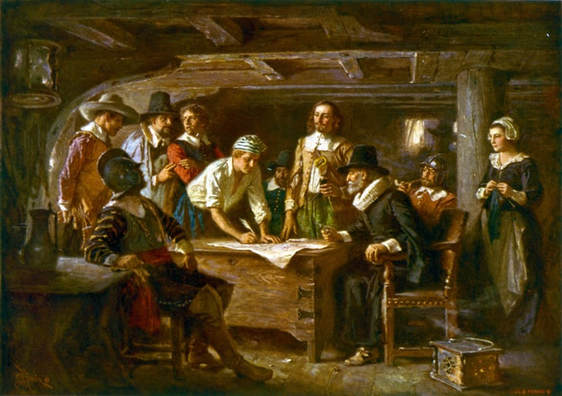

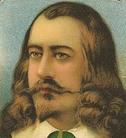
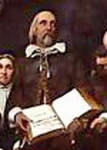
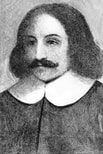
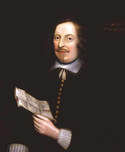
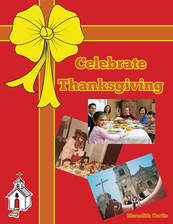
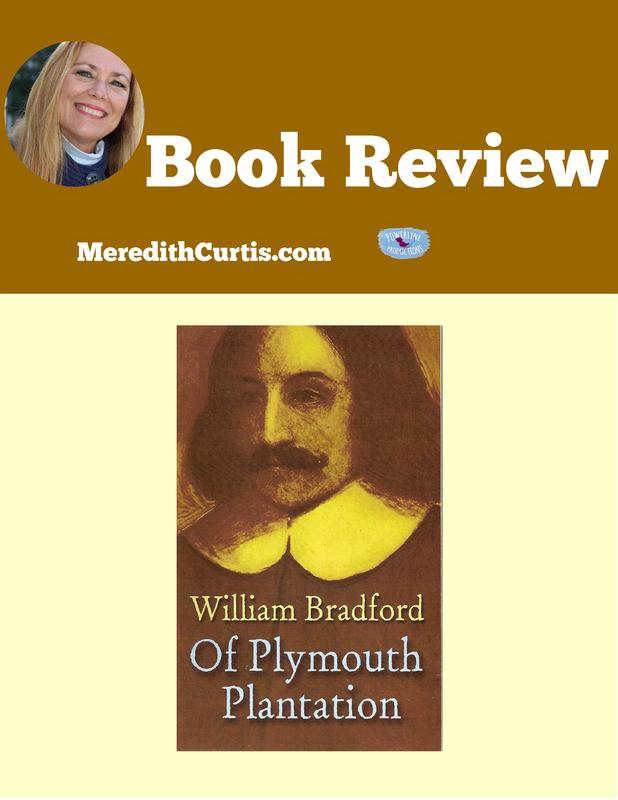
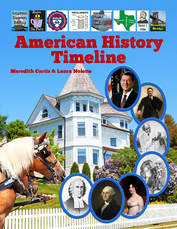
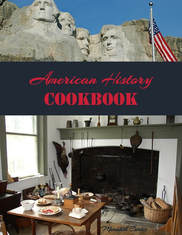
 RSS Feed
RSS Feed



